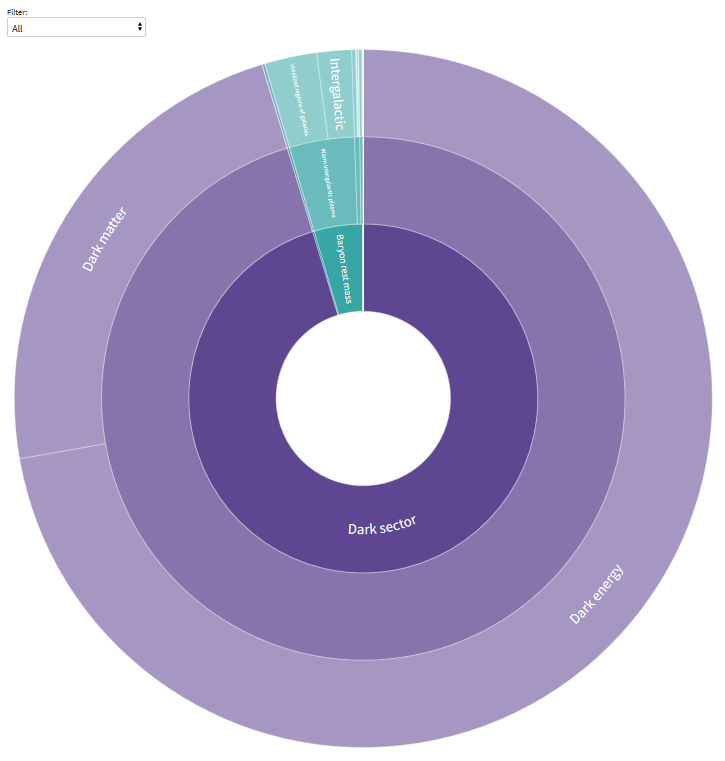
#FridayPhysicsFun - Last week I gave a talk about Karl Popper's critique of historicism and how this strikes at macrohistory and future studies. But what does physics say we cannot predict? 

Classical mechanics has "Laplace's demon" (born in 1814): it knows all the positions and momenta of every particle in the universe, the full set of mechanical laws, and should then in principle be able to predict the future state at any point in time.
en.wikipedia.org/wiki/Laplace%2…
en.wikipedia.org/wiki/Laplace%2…
Like most thought experiment demons (Descarte's, Maxwell's, Darwin's, and so on) it mostly exists to be exorcised. newyorker.com/books/under-re… springer.com/gp/book/978331… degruyter.com/princetonup/vi…
Most obviously, if it didn't know the full initial state it would eventually fail: gravity from remote unconsidered particles would drag other particles out of expected alignment. But even approximating the locations would cause trouble.
Indeed, in standard classical mechanics the location of a particle is a real number: it has an infinite number of digits, so the demon would need a literally infinite amount of information. 

But even a discrete universe is problematic. Wolpert showed that the demon cannot exist in the universe, since then one could set up a situation where it needs to predict the opposite of its own prediction.
sciencedirect.com/science/articl…
sciencedirect.com/science/articl…
Some of the arguments against the demon deal with thermodynamics: entropy always increases, one cannot reconstruct past positions and momenta from the current state, but classical mechanics is reversible.
I think this is too hasty. Normally you cannot unscramble eggs, but that is because you have too little resources - the demon is arbitrarily competent.
The real problem, which showed up for its brother Maxwell's demon, is that computation has actual thermodynamic cost (and storage needs) and hence Laplace's demon requires more resources than there is in the universe.
This and Wolpert's argument force the demon to live outside the universe, but that is just an argument against it being something practical and real: even a theoretical agent on the outside if it is well-defined enough is a powerful argument for determinism.
But even in simple classical mechanics there are failures of determinism. Norton's dome is a situation where the equations of motion have an infinite number of possible solutions. The demon would not know what to predict! en.wikipedia.org/wiki/Norton%27… pitt.edu/~jdnorton/Good…
This kind of singularity problem also shows up for classical point masses moving under gravity - what happens if two collide? They can also accelerate to infinity or oscillate in weird ways that cannot be continued.
en.wikipedia.org/wiki/Painlev%C…
en.wikipedia.org/wiki/Painlev%C…
But even finite-sized systems without sharp singularities can be unpredictable because of chaos: initial uncertainties grow exponentially until they dominate. Deterministic chaos is very real. 

In short, classical mechanics is way less deterministic and reversible than most people think. More weather than clockwork.
jstor.org/stable/687650?…

jstor.org/stable/687650?…


All of this was before quantum mechanics. Quantum indeterminacy suggests that there is *no* hidden reason for the outcomes of a measurement and hence it is essentially "uncaused" in some sense (at least by hidden variables). 

In a sense it is logically independent of other states. iopscience.iop.org/article/10.108… 

This requires at least three-dimensional Hilbert spaces to ensure that Gleason's theorem applies arxiv.org/abs/0903.2744 By using spatially separated measurements on entangled particles their randomness can also be certified by Bell's theorem arxiv.org/abs/0911.3427
The Heisenberg uncertainty relation is also fundamental: there are certain things (like position and momentum) you cannot simultaneously measure with arbitrary precision. Bad news for the demon, who needs both.
Still, it should be noted that quantum mechanics also conserves information. In a sense every measurement "scrambles the egg" of the measured system while giving a well defined omelette measurement. (Art by Jens-Flemming Sörensen) 

Indeed, if you have the initial wave function of the entire universe the demon can just evolve it forward in time with the Schrödinger equation. (There are people who think observations *really* collapse it, but MWI people like me would just say the measurements are in there!)
In practice predictions are always about (1) entertainment, or (2) making some decision about what to do. For that infinite precision is not needed. (The important thing about the second case is that you can be wrong.) 

• • •
Missing some Tweet in this thread? You can try to
force a refresh






